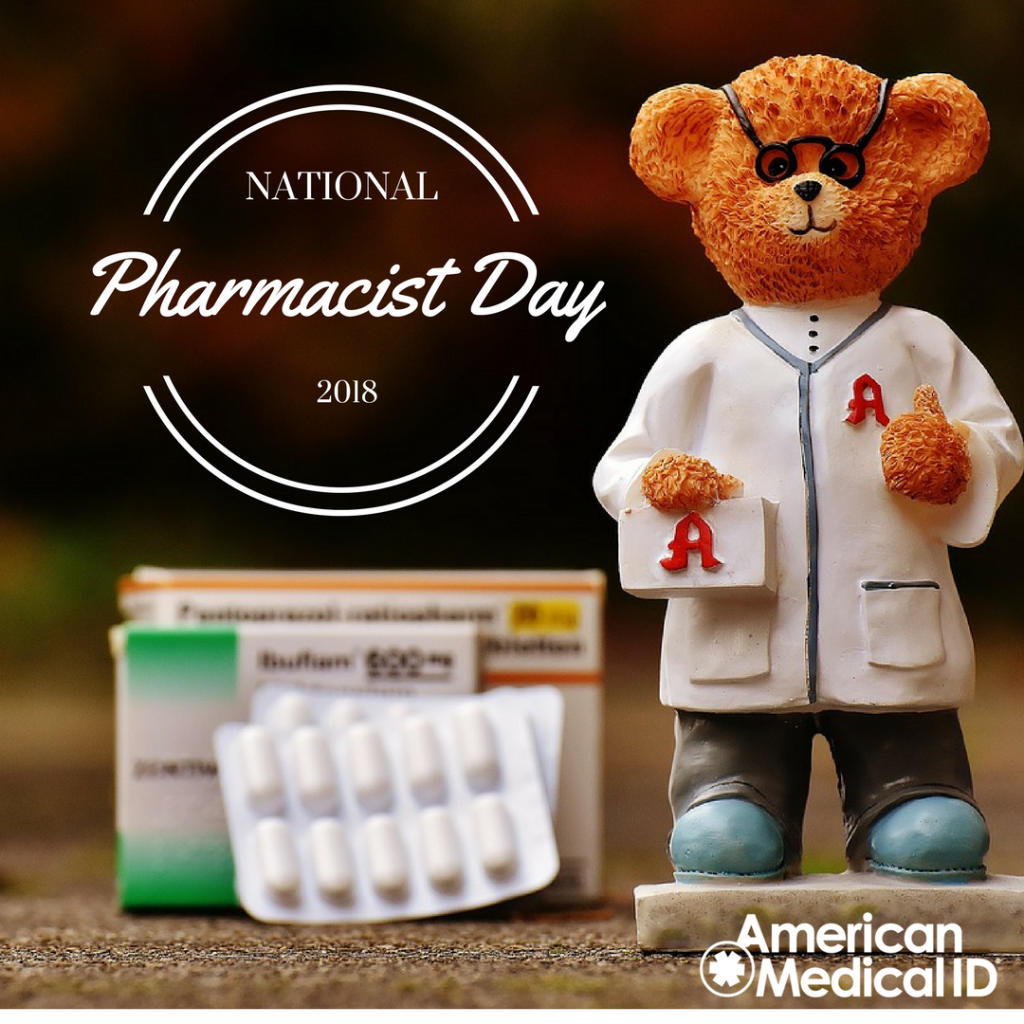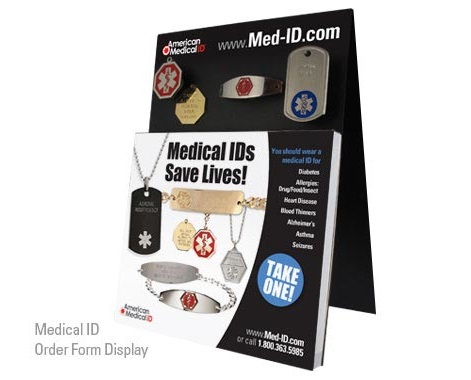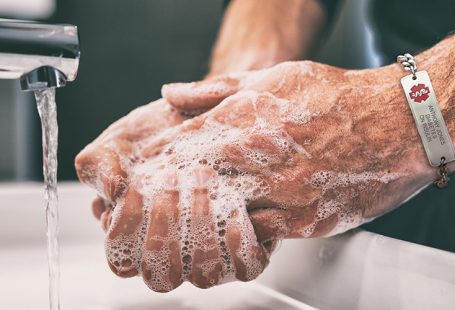January 12 is National Pharmacist Day and it’s a good opportunity for everyone to show appreciation to all pharmacists in the health community.
This day also celebrates the expansive role that pharmacists have today that go beyond dispensing medication. Alex Evans, PharmD, CGP who works in a community pharmacy in Florida says, “I am proud to have provided life-saving immunizations to hundreds, maybe thousands, of patients to protect them from pneumonia, shingles, influenza, hepatitis, and others. I am proud to have been the one to recommend those vaccines much of the time.”
5 Things a Pharmacist Can Help You With
-
- Tips on Managing Your Healthcare – Pharmacists can play an integral role in preventive care and patient education. Patients who closely work with their pharmacists can receive advice in improving treatment outcomes and even how to decrease the costs of their healthcare. Preventive care includes identifying whether a patient is a candidate for immunization or vaccines. Pharmacists can also recommend a variety of health screening services for medical conditions such as diabetes, high cholesterol, and even depression.
- Advice on taking multiple medications – According to Sally Rafie, PharmD, “The pharmacist does far more than count pills and place them into a bottle. Pharmacists are reviewing allergies, drug interactions, dosing, and much more to be sure you get a medication that will be safe and effective for you.” So, don’t be upset if your pharmacist seems to take a long time before dispensing the medication you need because the extra time they take is for every patient’s safety and well-being.
- Information about your medicine– Speaking of safety, patients should have sufficient information about each medicine that they take. Pharmacists can help them learn more about the risks and benefits of taking their medication and the best way to take it as ordered by their doctors.
- Ensure the effectiveness of drug therapies – Different patients respond to medications differently and taking multiple medications increase the complexity of patient outcomes. Pharmacists can help by monitoring and regularly assessing a patient’s drug therapy. According to the American Pharmacists Association, pharmacists can adjust drug therapy as needed based on information from the monitoring process.
- Education on how to use at-home medical devices. Examples are asthma inhalers, diabetes blood test kits, and medical alert jewelry such as medical ID bracelets and necklaces.
In case of an emergency, medical IDs can alert emergency responders about a person’s medical condition and the medications they take. This reduces the risk of unwanted drug interactions and side effects while helping patients receive the precise treatment that they need.
Pharmacists Get Free Medical ID Displays and Samples from American Medical ID
American Medical ID is one with the healthcare community in honoring pharmacists on this special day. Pharmacists can request free medical ID displays from American Medical ID as an important resource for patients who are taking medications for various medical conditions.
Ask your pharmacist about American Medical ID bracelets and necklaces that are available in 15,000 retail pharmacies nationwide such as CVS, Walgreens, Rite Aid, Fred’s Pharmacy and more.
“It is wonderful to be working with these leading retail pharmacies who have a strong commitment to helping their customers stay healthy. They understand the importance and need for medical IDs and strive to make these lifesaving tools more accessible for their customers.” American Medical ID President and CEO Rick Russell.
Happy National Pharmacist Day!






